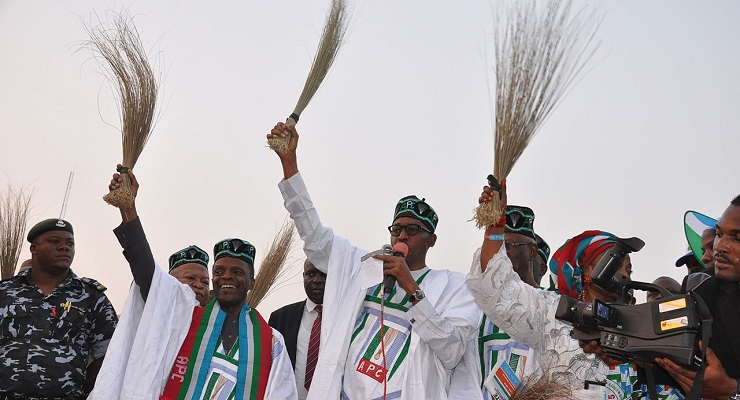
One could be tempted to believe that Nigeria’s democracy depends on the will of the people, but in reality, a small group of kingmakers, old and new ones, choose the country’s leaders. This article by Afolabi Adekaiyaoja is published by Democracy in Africa. Here is an excerpt:
In a country as diverse as Nigeria, few events provide such a clear melting pot of the country’s different groups as a political convention. Parties are mandated to maintain representation across the country, and they bring their lived experiences and priorities to bear when choosing a standard bearer. It is why the recent amendment of the Electoral Act, that changes the voting delegates at the convention, is another marker in evaluating Nigeria’s imperfect but ultimately sustaining democracy.
Nigeria borrows the delegate system from the United States and has statutory and ad-hoc delegates. The former are elected officials on the platform of the party and include everyone on the rung of leadership in the country – from the president to the chair of one of the 774 local governments – and allows them to take part in the voting process. The latter are party members selected specifically for the process of taking part in an ‘electoral college’ to conduct official party business and selections, which include state or national leaders to nominees for elected offices. In a party with little or no representation in any elected office, there is no real difference since there will be no difference in the type of delegation. But, in the larger parties that have elected officials, this bloc can be an influential and powerful voting group that can change the direction of these selections.
In February 2022, President Buhari signed into law an amendment to the Electoral Act. The bill made substantial changes to the electoral landscape, such as including the provision for electronic transmission for results and more powers to the electoral management body. However, a particular part of the bill became the bone of contention afterwards. Section 84 (12) states that “a serving political office holder cannot vote, or be voted for, at the conventions or congresses for any political party for the purpose of the nomination of candidates for any election in cases where it is held earlier than 30 days to the National Election”. Initially, the focus of this section was on appointed officials having to resign their offices before contesting for elected positions. But, an initially unexpected consequence was that most politicians focused on the latter part – not being able to be voted for – without understanding that it meant they too would not be able to vote in the coming elective conventions.
Continue reading here.
Leave a Reply